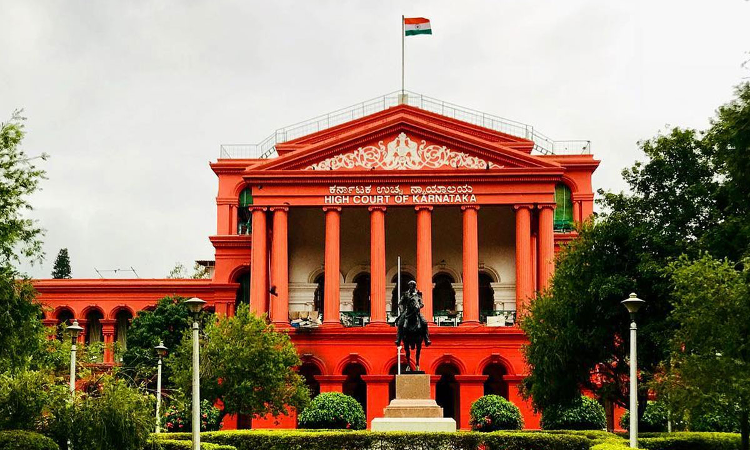POCSO Convict Not Entitled To Benefit Under Probation Of Offenders Act: Karnataka High Court
Mustafa Plumber
16 Feb 2024 1:05 PM IST

Next Story
16 Feb 2024 1:05 PM IST
The Karnataka High Court has held that the benefit under the provisions of the Probation of Offenders Act, cannot be extended to a person convicted under the provisions of the Protection of Children from Sexual Offences Act (POCSO).A division bench of Justice Sreenivas Harish Kumar and Justice Vijaykumar A Patil overturned the acquittal order passed by the trial court and sentenced Prathap...
